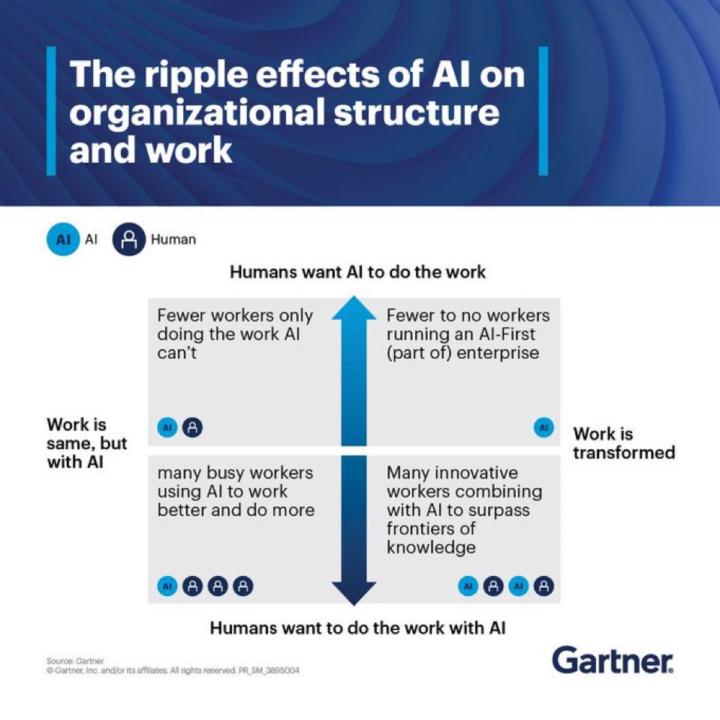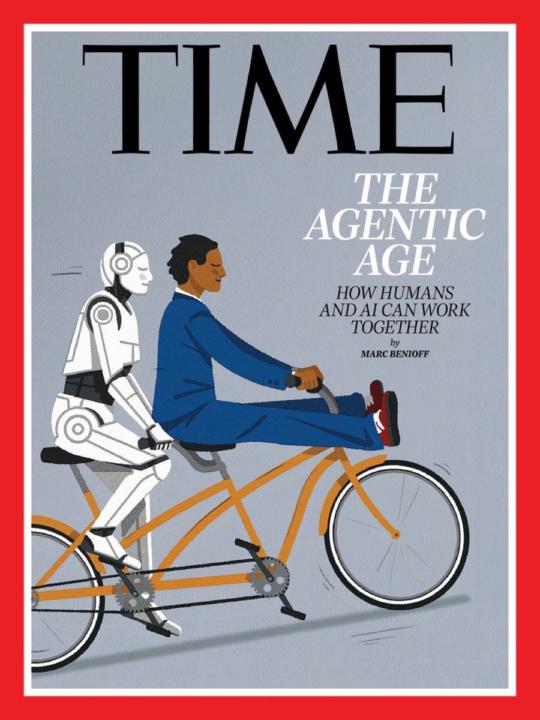How AI agents can eliminate waste in your business - and why that's smarter than cutting costs
In today’s AI-powered economy, business leaders are under pressure to deliver more value with fewer resources. AI agents are at the forefront of this transformation, helping companies identify and eliminate waste while enhancing workforce productivity and operational efficiency. Why Cost-Cutting Alone Isn’t Enough In challenging market conditions, executives often default to cutting costs. But cost-cutting is a silo-based strategy—focused on managing resources rather than creating value. The smarter approach? Waste reduction. By removing inefficiencies and redirecting resources to high-value work, companies accelerate growth without sacrificing performance. Gartner highlights the urgency: CEOs must adopt AI agents—or risk falling behind. Yet, hype exists alongside opportunity. Removing silos without a clear strategy can create a “spill” of wasted resources. The most effective organizations are boundless, creating flows of resources where they’re needed most. AI Agents as Strategic Accelerators CFOs and business leaders are increasingly prioritizing AI agents: - 25% of AI budgets are devoted to agentic AI. - 64% of CFOs report AI is influencing business spending. - 74% expect AI agents to drive revenue, not just reduce costs. - 72% believe AI agents will transform their business model. These figures illustrate the dual impact of AI: cost efficiency and strategic value creation. AI agents aren’t just replacing routine work—they’re freeing human talent to focus on high-impact, revenue-generating tasks. Defining Waste in Modern Business Waste occurs when resources are overused, misused, or underutilized: - Overuse: Using human resources for tasks AI could handle more efficiently. - Misuse: Deploying resources in low-value roles or redundant processes. - Underuse: Failing to maximize employees’ unique human skills. From the employee perspective, assigning repetitive work to humans is a lost opportunity for growth. From the customer perspective, misallocated resources reduce satisfaction and impact outcomes.
0
0

Not All Costs Are Waste—Are You Investing in Value
The companies that win with AI don’t just automate—they elevate. They combine smart delegation of work with the cognitive growth of their teams. The most successful organizations aren’t chasing efficiency alone—they’re eliminating waste to amplify high-value outcomes. ______ When you think about AI in your organization, are you just cutting costs—or are you removing waste to amplify high-value work? I’d love to hear how your team balances automation with human growth.
1
0

We are entering the Agentic Age according to TIME Magazine
We are at the beginning of the Agentic Era, the most significant transformation of work in history. For the first time, machines can perform not only repetitive tasks, but cognitive work once reserved for humans. These AI agents–which can reason, adapt, and act on their own–are already reshaping thousands of companies and will ultimately touch every job and every person. ______ How is your company embracing agentic aI principles and best practices?
1
0

Don’t Get Left Behind: Your 30-Day Path to AI Efficiency
https://us02web.zoom.us/webinar/register/WN_0YMCz2ekTZSnxXDiw_2E7Q
0
0

How Leaders Can Unlock AI’s Full Potential at Work
McKinsey’s report highlights that while nearly all companies are investing in AI, only 1% consider themselves fully mature in its deployment. The primary barrier to scaling AI is not employee readiness but leadership’s pace in steering organizations toward AI maturity. Employees are eager to integrate AI into their workflows, with many already using it regularly and seeking to enhance their AI skills. The report emphasizes that AI has the potential to amplify human agency, creativity, and productivity. However, to realize this potential, leaders must act decisively and swiftly, as the risk lies in underestimating AI’s transformative capabilities. 💡 Key Takeaways - Employee Readiness: Employees are more prepared for AI integration than leaders perceive. - Leadership Action: The success of AI adoption hinges on proactive and swift leadership decisions. - Strategic Deployment: Leaders should focus on embedding AI into workflows to unlock its full potential. 👉How can leaders accelerate AI adoption in their organizations to enhance employee productivity and creativity?
0
0
1-7 of 7

skool.com/the-future-ready-ceo-network
The AI Executive Boardroom is where trailblazing CEOs and leaders reimagine their organizations, making them more profitable, resilient, and AI-first
Powered by

